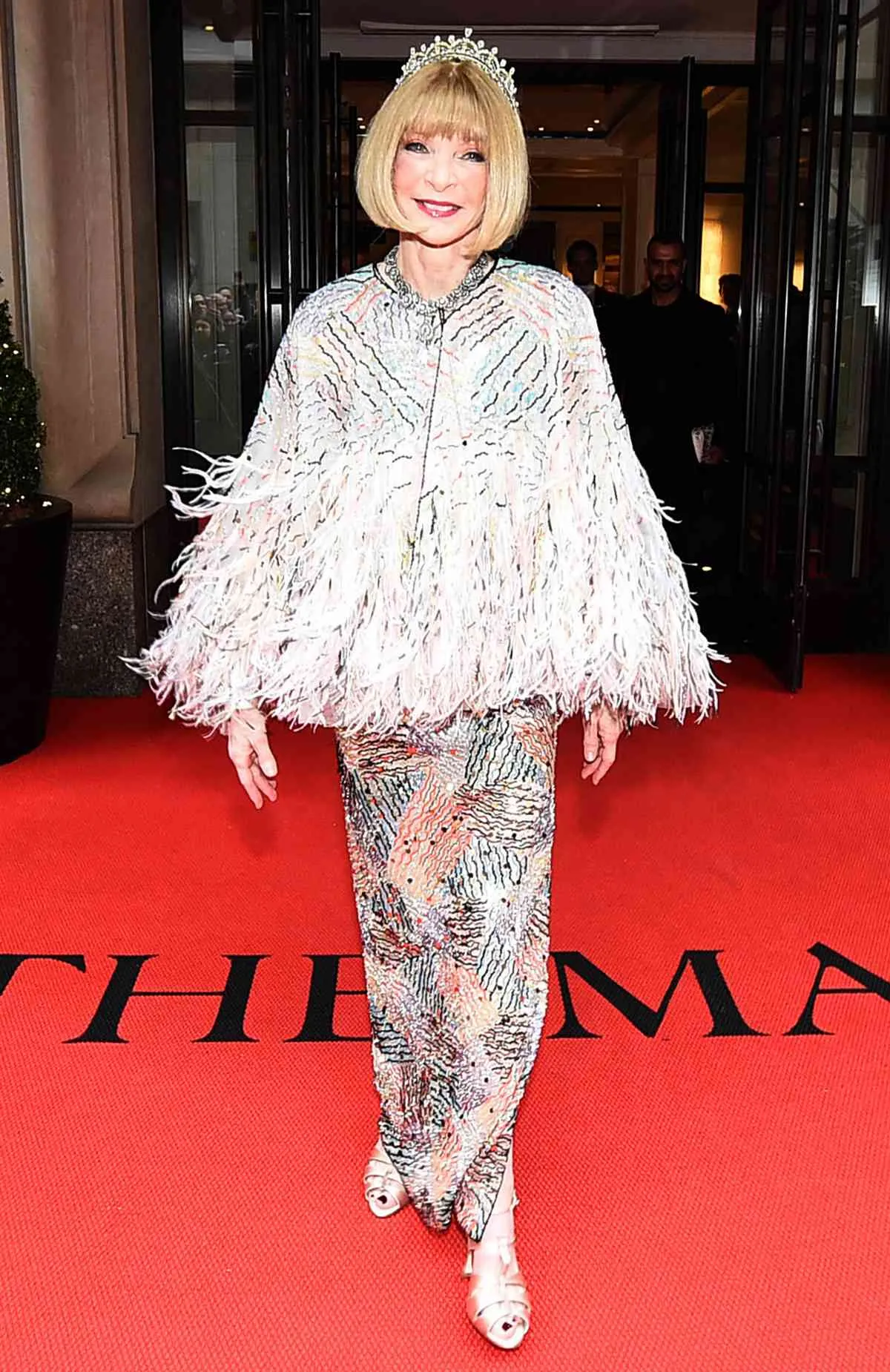Anna Wintour’s Bold Move: Is Vogue Ready for a New Era?
In a surprising turn of events, Anna Wintour has once again demonstrated her unparalleled ability to reinvent and reimagine the world of fashion journalism. The legendary Vogue editor-in-chief has recently made a series of strategic moves that suggest the iconic publication is on the cusp of a transformative era.
At the heart of this potential revolution is Wintour’s groundbreaking decision to appoint Marc Jacobs as the first U.S. guest editor for Vogue. This unprecedented move signals more than just a momentary collaboration; it represents a profound shift towards inclusivity and creative cross-pollination within the fashion industry.
The appointment comes at a critical moment for print media. Wintour has been vocal about the challenges facing luxury print publications, arguing that they must become more exceptional and distinctive to survive in the digital age. Her recent statements suggest a strategic reimagining of Vogue’s print approach, emphasizing quality over quantity.
Key insights into Wintour’s vision include:
- Embracing collaborative creativity
- Challenging traditional media boundaries
- Prioritizing meaningful content
- Connecting with younger audiences
Beneath the surface of this editorial shake-up lies a deeper narrative of personal growth and cultural awareness. Wintour has increasingly focused on broader social issues, particularly teen mental health. Her advocacy demonstrates a commitment to using Vogue as a platform for meaningful dialogue beyond fashion.
The roots of this transformative approach can be traced back to Wintour’s mentorship under Si Newhouse, who instilled in her a philosophy of calculated risk-taking. This approach has been evident throughout her career, but seems particularly pronounced in recent strategic decisions.
Cultural engagement has become another hallmark of Wintour’s leadership. Her appreciation for diverse art forms – notably her praise for Lin-Manuel Miranda’s “Hamilton” – suggests Vogue is poised to embrace broader cultural narratives. This approach could potentially attract a more diverse and engaged readership.
Despite her reputation for severity, Wintour has been actively working to challenge long-standing stereotypes. Recent interviews have revealed a more nuanced personal side, humanizing her image and potentially connecting with a younger generation of readers and creators.
The appointment of Marc Jacobs as guest editor is particularly significant. It represents more than a mere editorial choice; it’s a statement about creativity, collaboration, and the evolving nature of fashion journalism. Jacobs, known for his innovative approach, brings a fresh perspective that aligns perfectly with Wintour’s vision of continuous reinvention.
Social media and digital trends have not escaped Wintour’s strategic eye. Although she maintains a relatively low personal profile online, her awareness of digital landscapes suggests Vogue is carefully navigating the complex media environment of the 21st century.
As Vogue stands at this critical juncture, one thing becomes clear: Anna Wintour is not just preserving a legacy, but actively creating a new one. Her bold moves suggest an organization ready to challenge conventions, embrace diversity, and redefine what a fashion publication can be in the modern world.
The future of Vogue looks bright, bold, and decidedly unexpected.
Sources:
– SMU Look: Marc Jacobs’ Creativity Sparks New Era for Vogue
– Bustle: 12 Lessons From Anna Wintour’s NY Mag Interview






Leave a Comment